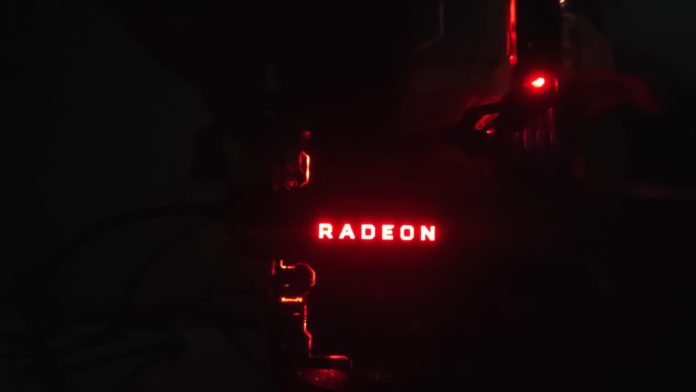AMD’s latest offering, the Radeon RX 5700 XT hit quite the limelight for its excellent price to performance ratio and is considered the obvious choice for gamers who wish to have 1440p gaming on a budget. However, all was not good with the card. Many reviewers were critical about the card’s operating temperature and how the card ran hot on idle skybox tests as well as borderline 100°C temps on load.
To counter this, the senior manager, product management, Radeon Technologies Group at AMD – Mithun Chandrasekhar published a blog explaining how the card runs stable even in temps as high as 110°C and the new RDNA architecture gives gamers, the flexibility to tune the card based on acoustics as well as raw performance.

The older 14nm Vega cards such as the Radeon RX Vega 64 cycled through fixed discrete DPM states which resulted in reduced flexibility and suboptimal cooling headroom for increased performance. On the other hand, the cards starting from Radeon VII have hundreds of DPM states which provide a smoother Vf curve, hence provide greater control over the performance of the GPU.

Furthermore, the new RX 5700 series GPUs provide enhanced thermal monitoring with an array of thermal sensors distributed across the entire GPU for improved detection of the thermal hotspots as compared to a single sensor placed near the thermal diode which couldn’t give an accurate measure of temps owing to variable utilization of GPU for a variety of tasks.
“Operating at up to 110C Junction Temperature during typical gaming usage is expected and within spec”
-Mithun Chandrasekhar
This new temperature sensing technique will enable the GPU to aggressively push its clocks until one of the sensors hits the junction temperature of 110C. The Radeon Adrenalin software and the Radeon WattMan tool let the user whether they wish to have a quiet GPU or extract every bit of performance from the GPU.
Further Reading:


